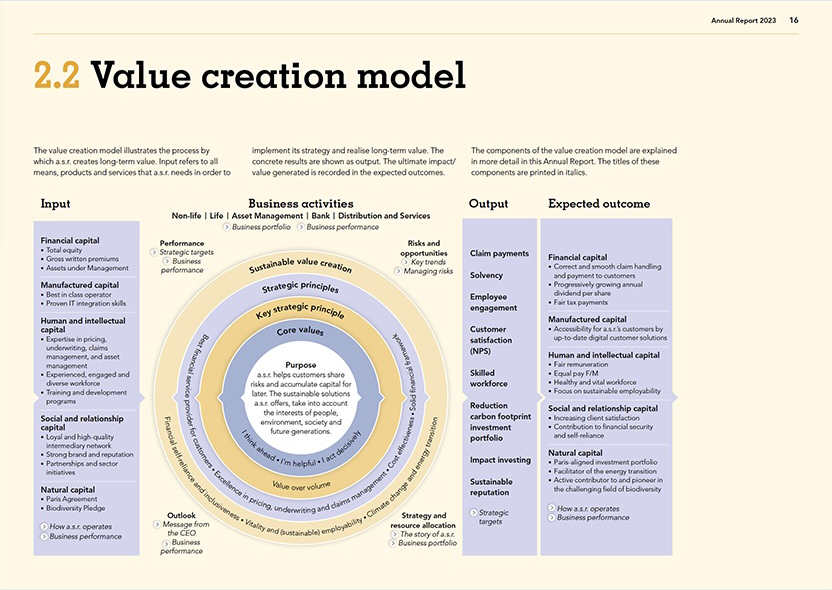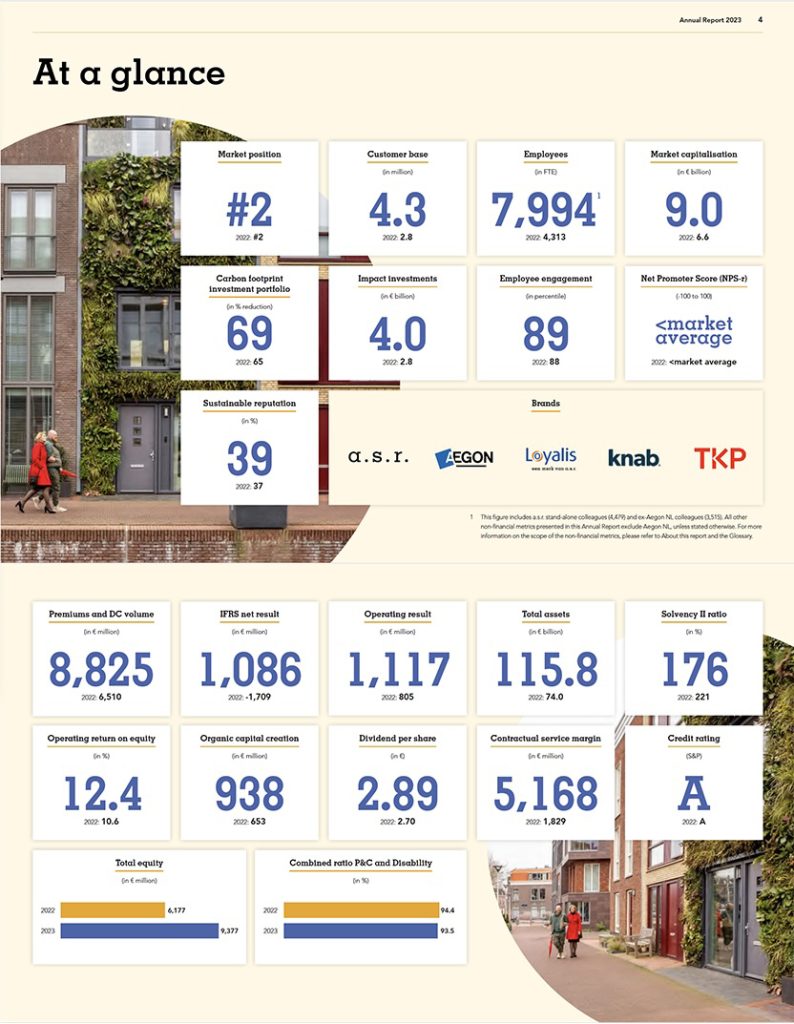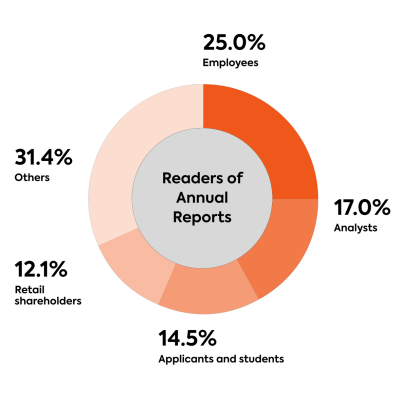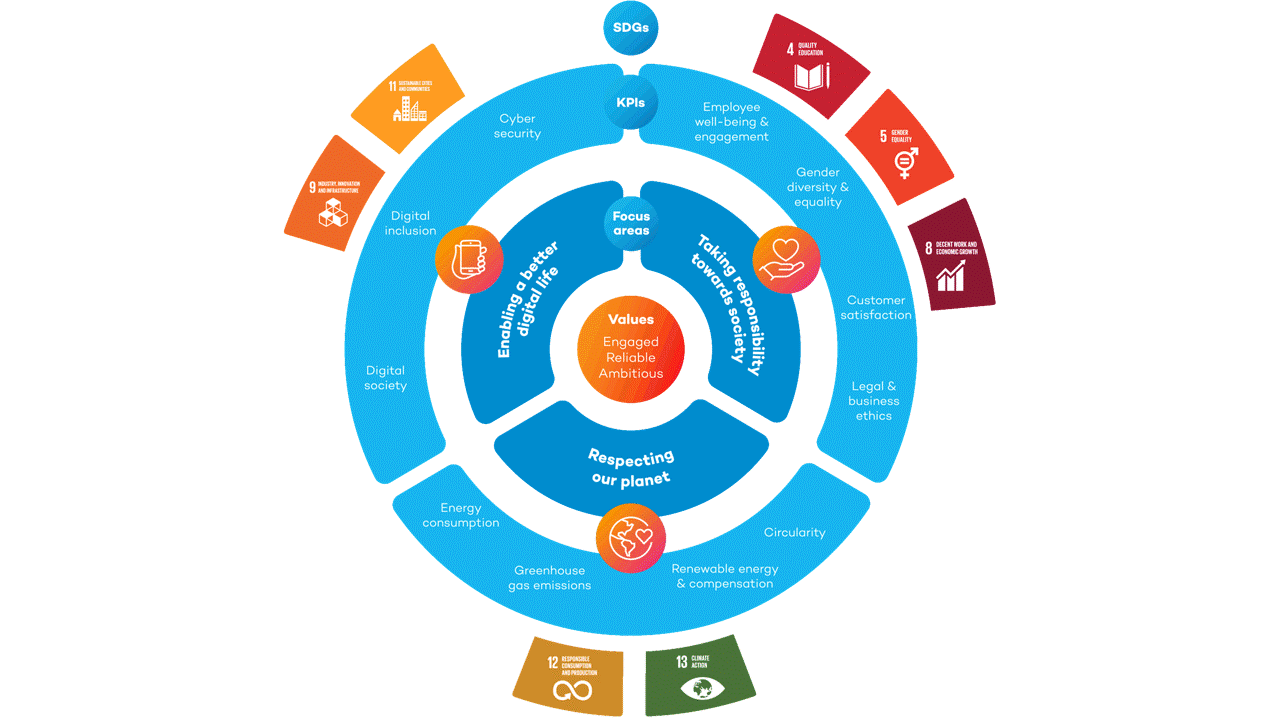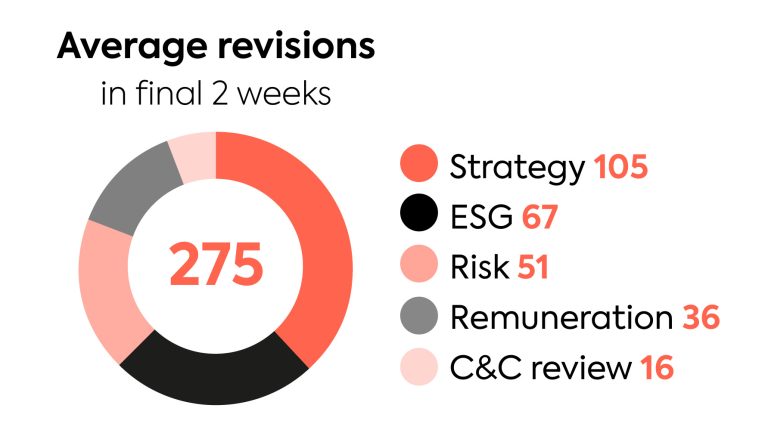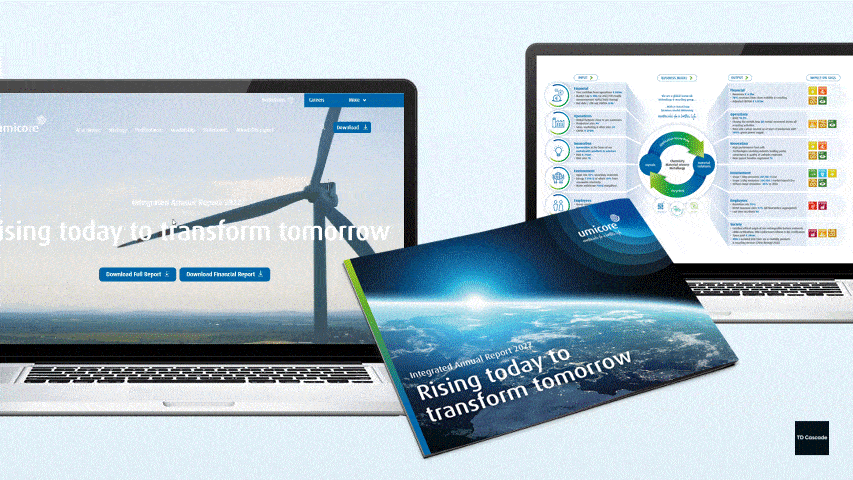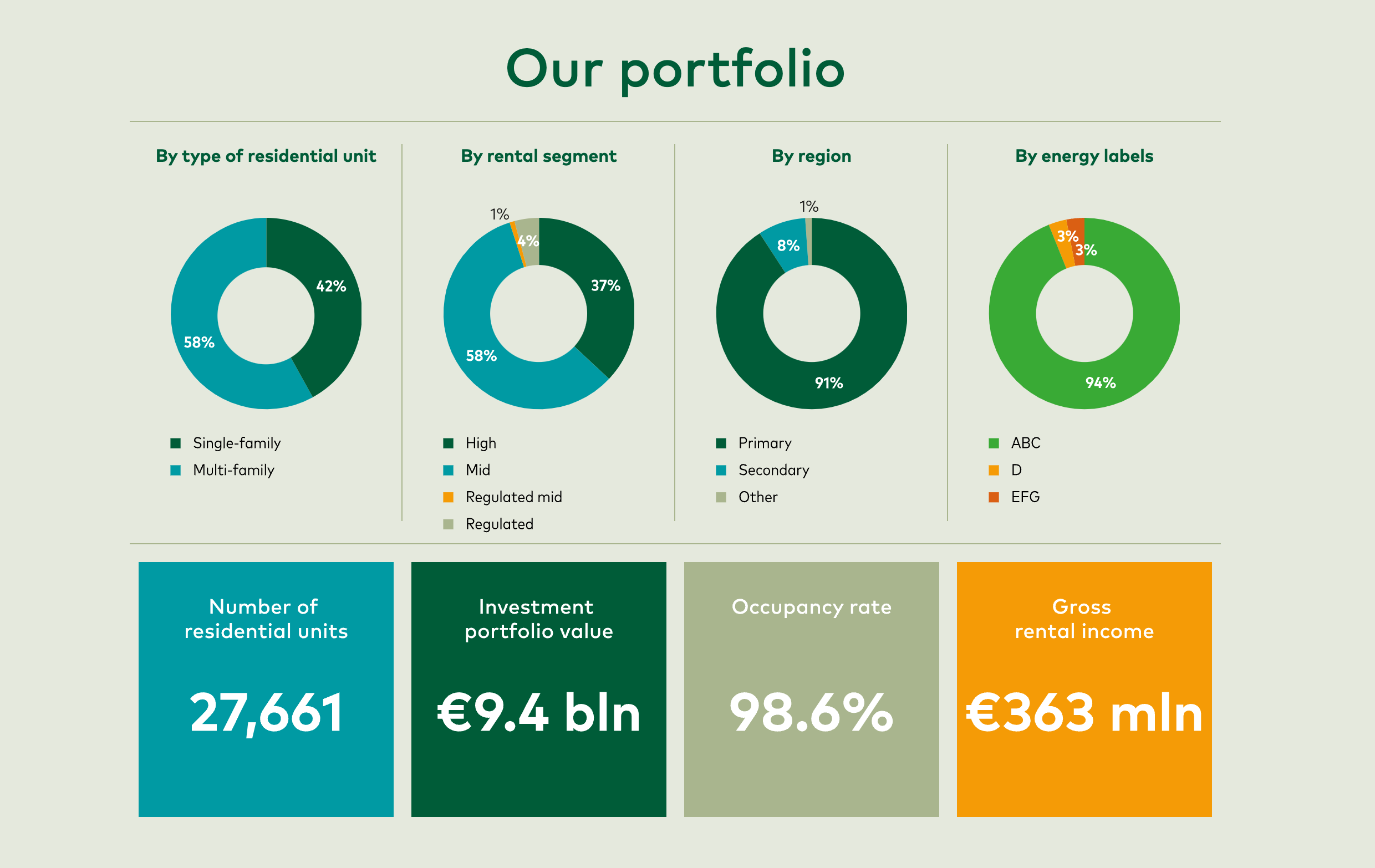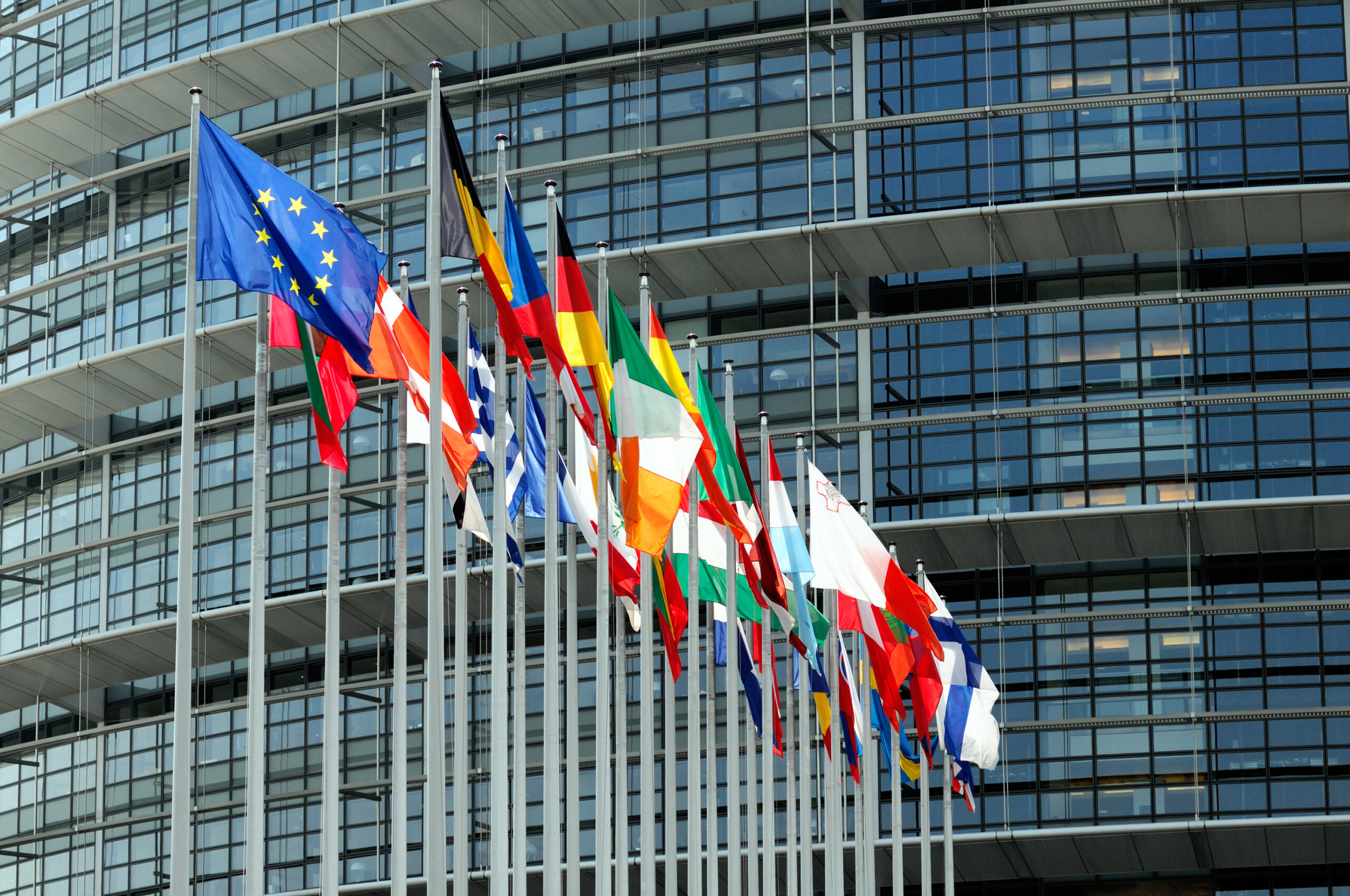
The EU’s Omnibus Regulation – published on February 26th – casts uncertainty over the Corporate Sustainability Reporting Directive (CSRD). While aiming to reduce administrative burdens, this simplification risks weakening the CSRD’s ability to drive meaningful environmental and social progress. Nevertheless, it’s a call for strategic adaptation; companies must demonstrate leadership through proactive ESG communication now.
The proposed changes to the Omnibus Regulation could significantly reshape the CSRD landscape. Key concerns include:
- Scope of reporting: the revisions raise the threshold for mandatory reporting, excluding many SMEs initially included under the CSRD, potentially reducing impact on sustainability improvements.
- Data granularity: anticipated decreases in mandated KPIs could obscure progress in critical ESG areas, complicating performance tracking.
- Implementation timeline: delays could hinder momentum toward EU sustainability goals, allowing companies to defer investments in sustainable practices.
- Auditing uncertainty: a lack of clarity regarding the key regulations to be audited could undermine the credibility of the CSRD.
This regulatory uncertainty poses challenges for businesses, complicating strategic planning and investments in sustainability. Waiting for clarity is tempting but risky; inaction may erode stakeholders’ trust and hinder progress in sustainable practices.
Forward-thinking companies view this as an opportunity to showcase leadership. By moving beyond compliance to proactively communicate their ESG journey and its tangible impact, they can build enduring stakeholders’ trust. Uncertainty doesn’t negate past ESG initiatives. The data and insights from previous efforts provide a foundation for future strategies, allowing for credible baselines and targeted improvements.
As reporting requirements evolve, fundamental sustainability principles remain constant. Companies should emphasize:
- Transparent and open communication: even with fewer mandated KPIs, transparent reporting on ESG initiatives is crucial. Share progress, challenges and ambitions (and positive steps taken).
- Impact-focused storytelling: quantify impacts and weave narratives showing how actions translate to real-world results.
- Stakeholder engagement: actively engage stakeholders like investors, customers, employees and communities to reinforce commitment and solicit feedback.
A sustainable future, strategically communicated
The Omnibus Regulation introduces challenges, but it does not diminish the importance of ESG. Companies should frame their efforts as a continuous journey, seeing setbacks as learning opportunities. Transparency builds credibility and authenticity. Past ESG initiatives are valuable; the experiences gained form a strong foundation for future strategies. By embracing transparency, focusing on storytelling, engaging stakeholders and leveraging past experience, companies can navigate uncertainty and solidify their leadership in building a sustainable future.
The journey itself becomes a powerful narrative that resonates far beyond regulatory details.
© Marc Hilhorst, 2025
Navigating ESG uncertainty: strategic opportunities for your organization
The Omnibus Regulation brings changes to the ESG landscape, presenting new challenges for businesses. The evolving landscape calls for bold communication strategies. To successfully navigate this uncertainty, your organization must focus on developing unique and compliant ESG positions, leveraging storytelling and branding to highlight sustainability impacts, creating clear frameworks for transparently presenting complex ESG data, actively engaging stakeholders through innovative campaigns and turning challenges into opportunities by promoting proactive sustainability narratives.
This approach will enable your organization to adapt, inspire and thrive amidst uncertainty.


